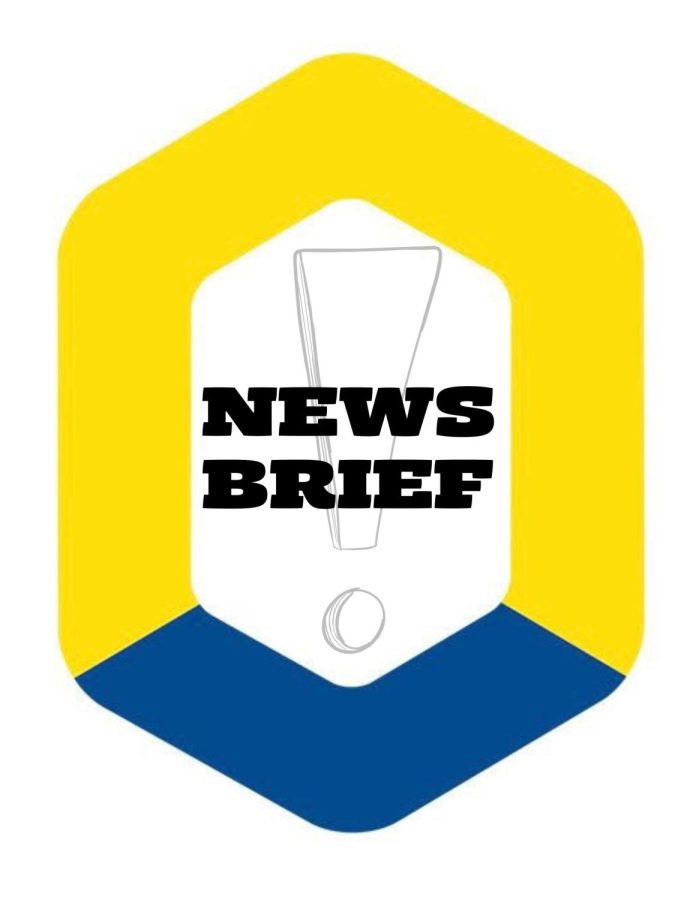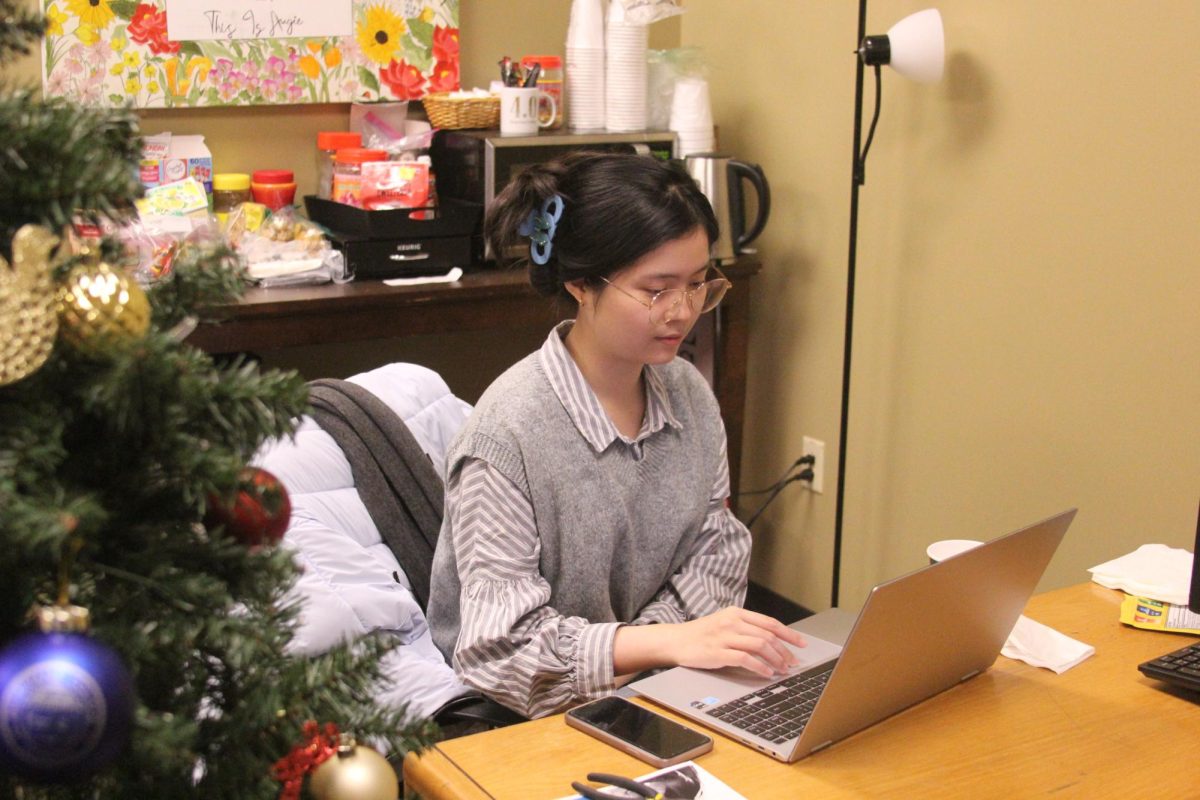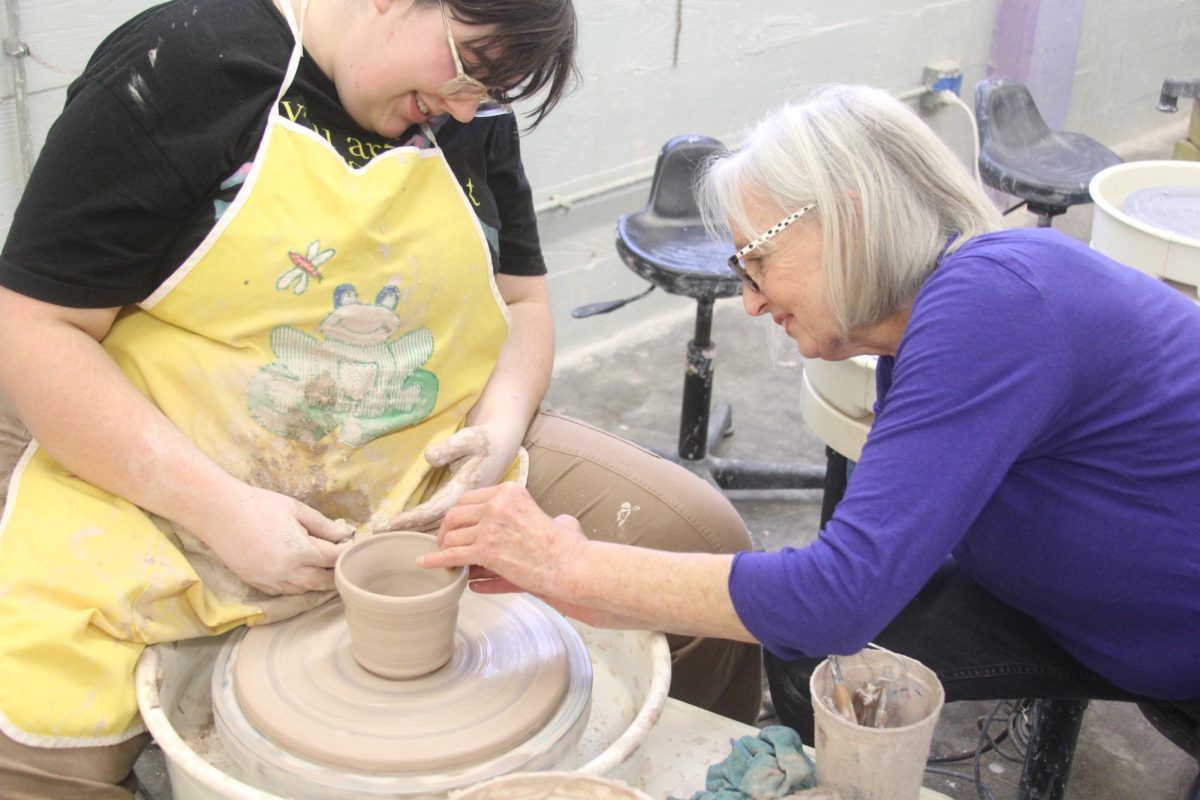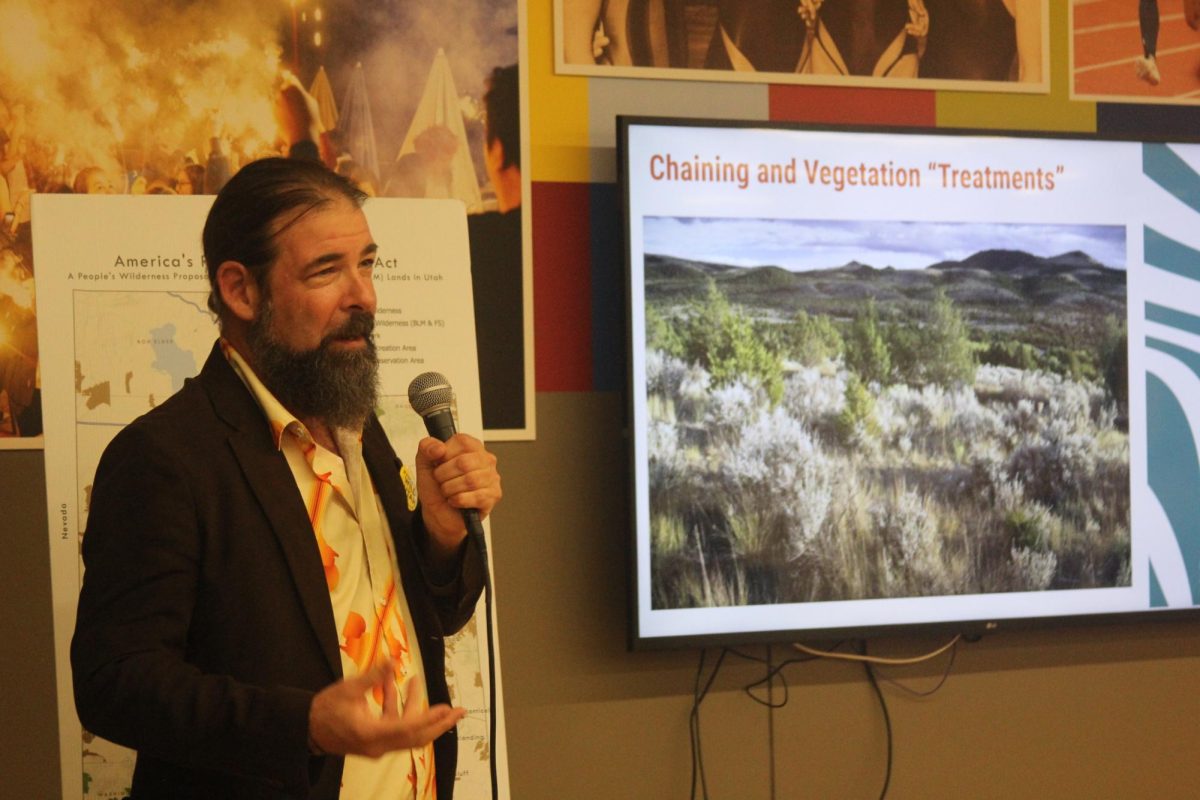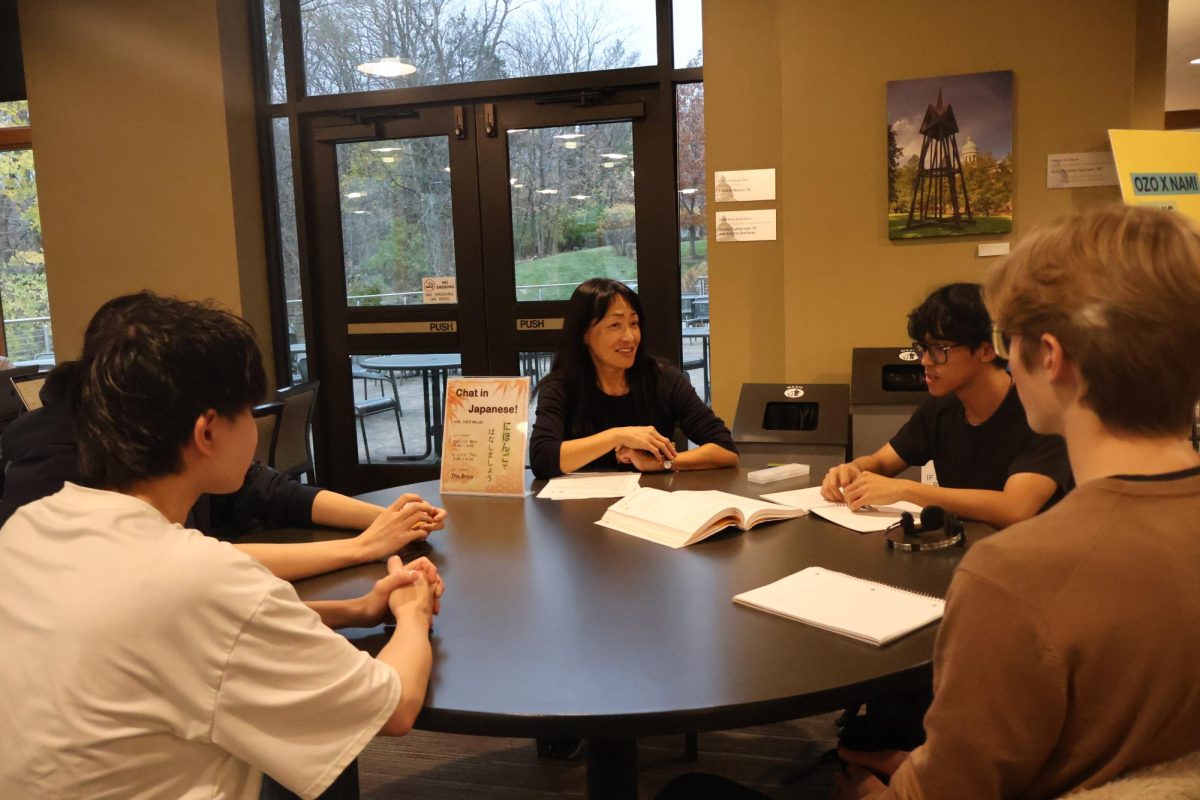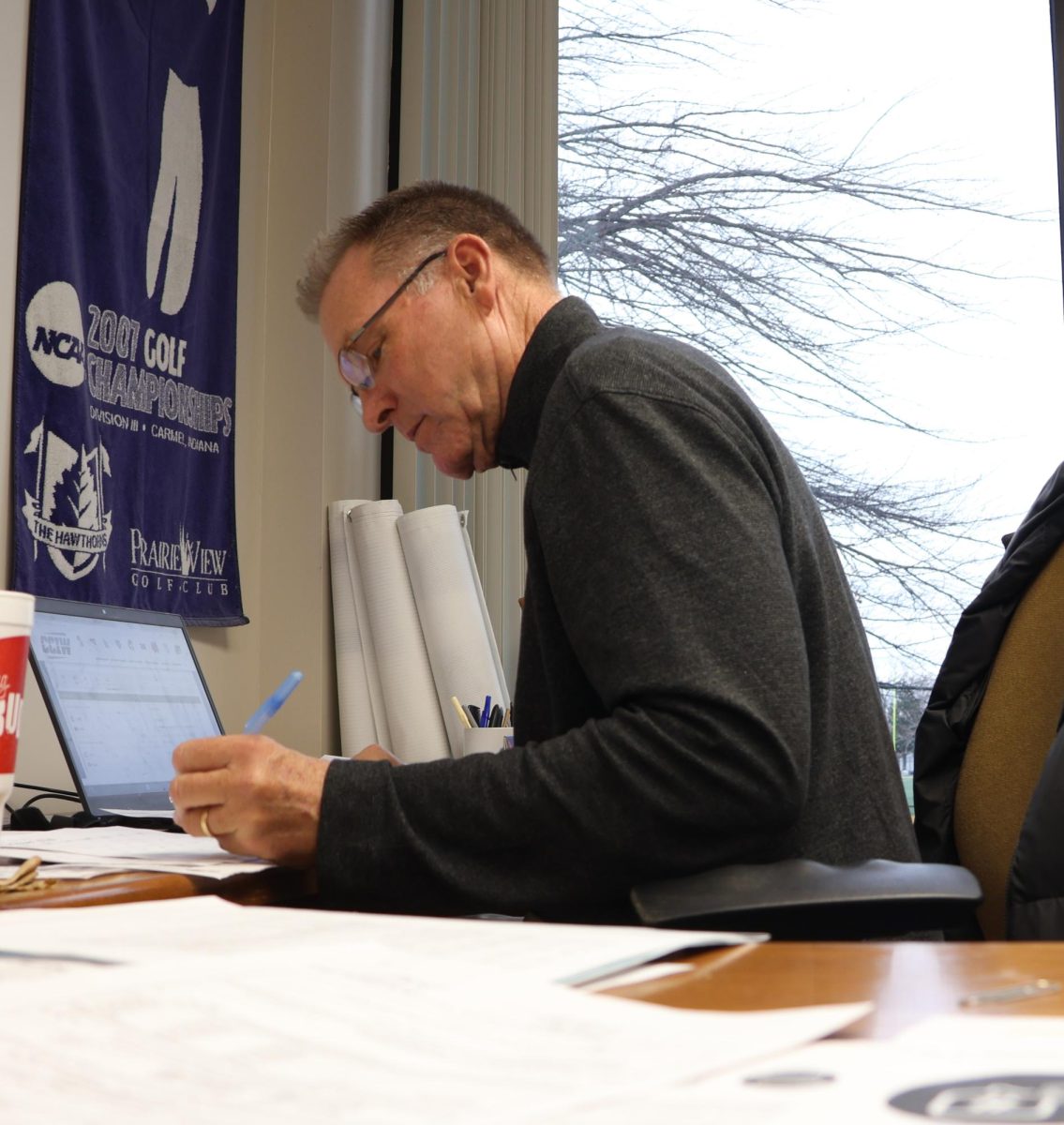On Oct. 9, Augustana hosted the traditional Symposium Day for the first time on the new semester schedule. Students attended sessions based on a central theme that replaced classes for the day.
Three keynote speakers were invited to campus to offer input to this year’s theme, “What is a life well-lived?”
One of the featured presentations was titled “Imagined Fates” by Tochi Onyebuchi, a published author.
Onyebuchi’s presentation discussed topics from the Augie Reads book assigned to all first-years: Between the World and Me by Ta-Nehisi Coates.
“It ties in really well to [Augie Reads] so I think that it was a good way to get a new understanding of what we’ve been talking about in class so far,” First-year Rachel Murray said.
Other sessions included topics of faith, embracing failure, yoga and meditation.
Symposium Day’s meaning to the student body and its application to the liberal arts can be debated in the academic community.
“It’s to live out this commitment that we have to the liberal arts of having these big questions and exploring ideas from a variety of different perspectives,” Dr. Jessica Schultz, Associate Dean of Academic Affairs, said.
But not all students hold this opinion.
“I would prefer if in-class learning wasn’t cancelled for the day because I don’t really like going for days without meeting in classes,” Sophomore Alex Michalak. “So I would prefer, honestly, if Symposium Day were on a Saturday.”
Classes do form assignments around Symposium Day. “I just have to do a write-up and then it’s something that’s not really discussed further,” Michalak said.
The amount of assignments varies between students.
“In my other classes, no one really talks about [Symposium Day] which I thought was interesting because it makes it feel like Symposium Day is just for first-years and not the upperclassmen as well,” Murray said.
Outside of the lectures, various drop-in events were also being held by clubs on campus.
The benefits of these events, Schultz said, are “being able to speak out, as someone who has a mental illness or is an ally and an advocate. To really give voice to an often stigmatized issue. For The Clothesline Project: to serve the campus community again and speaking out against violence. The Tie-Blanket Service Project: to engage in that kind of learning outside of the classroom.”
“We have a lot of choice in making our life what we want it to be. This is a really formative stage, so seeing how different people from different backgrounds can navigate making the most out of their life could serve as a means for other people to do the same,” Michalak said when asked about the meaning of the theme.
